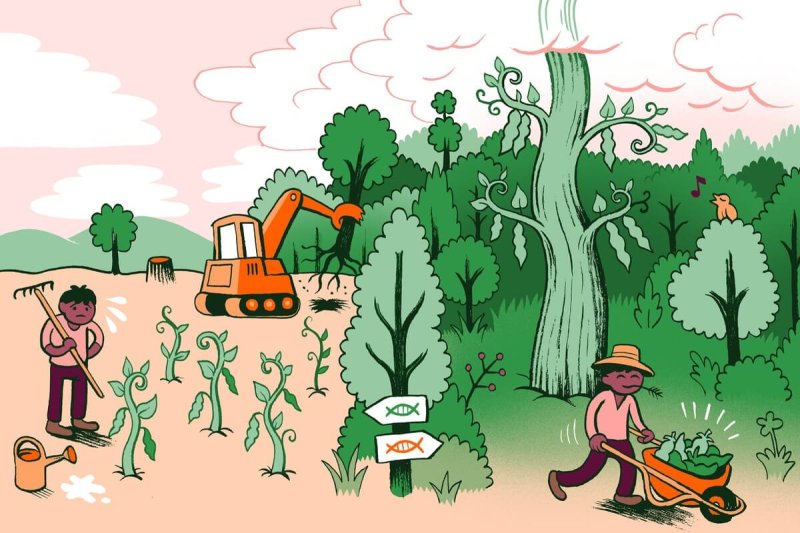Genetically modified (GM) crops can help reduce agricultural greenhouse gas (GHG) emissions. In addition to possible decreases in production emissions, GM yield gains also mitigate land-use change and related emissions. Wider adoption of already-existing GM crops in Europe could result in a reduction equivalent to 7.5% of the total agricultural GHG emissions of Europe.
The public debate about GM crops and new genomic breeding technologies remains contentious, especially in Europe. Critics focus primarily on hypothetical risks, while ignoring actual and potential benefits.
There is reason to be hopeful. As crop biotechnology research continues, a wider variety of traits will become available, each with different yield impacts.
Similar to [insect resistant] and [herbicide tolerant], GM crops tolerant to stressors such as drought and heat will improve effective yields through reduced crop damage.
Even larger yield increases might come from GM traits that improve yield potential through enhanced plant growth and photosynthetic efficiency.
New gene-editing technologies will likely further increase the diversity of desirable crop trait combinations [1]. Larger yield increases in more crops would lead to larger GHG emission reductions.
Hence, our estimate of 33 MtCO2e/y is only a small proportion of the potential future benefits of genomic breeding technologies for climate change mitigation.































